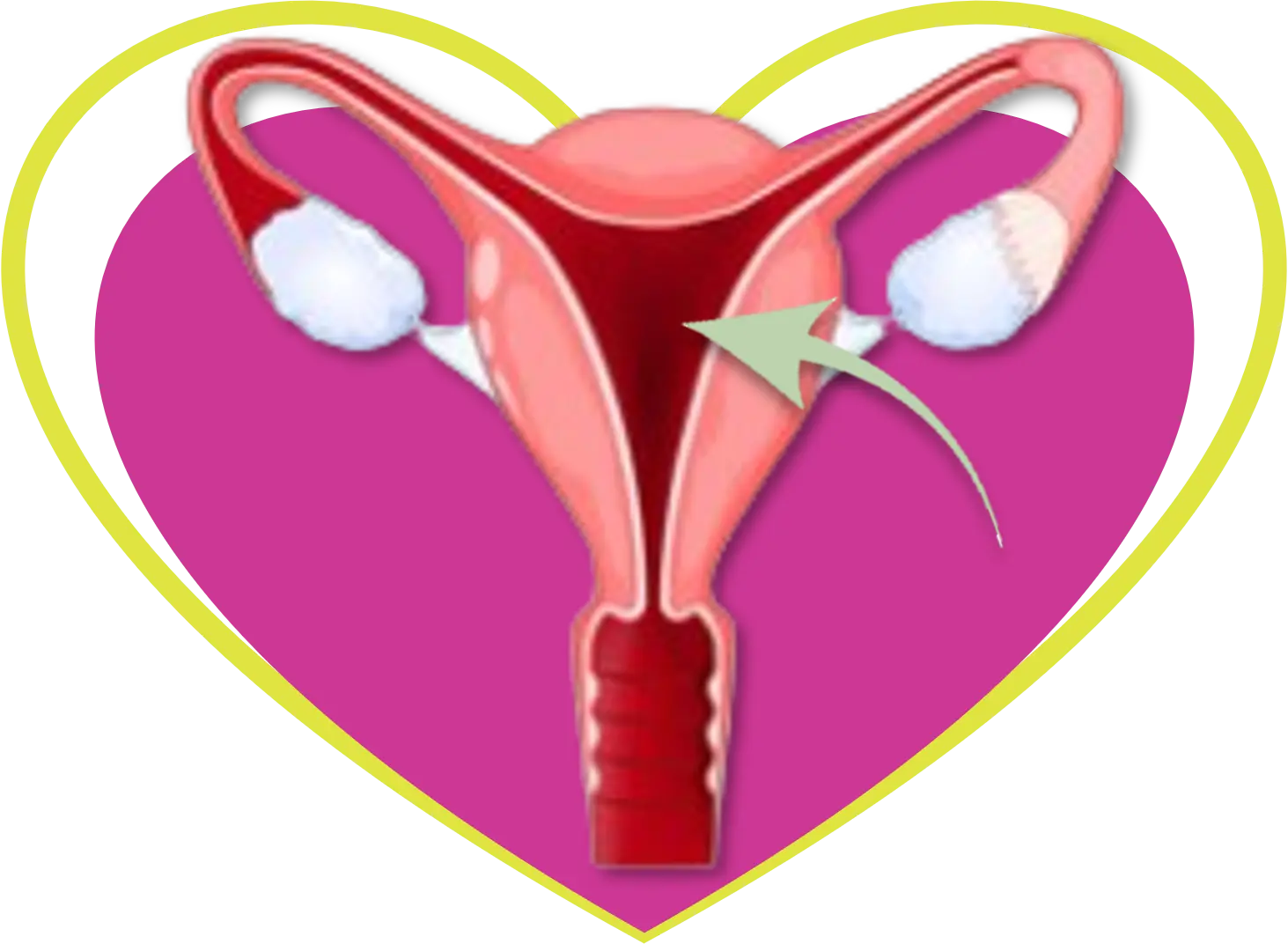Have you noticed unusual menstrual changes or unexpected bleeding post-menopause? Are you stressed about an upcoming endometrial biopsy? While these concerns are familiar and often unsettling. An endometrial biopsy might provide answers and peace of mind. Our article walks you through the benefits of this procedure, offering clarity and boosting your confidence in your health decisions. Stick around to read what other readers like yourself asked in our People Also Asked section. With that, let’s get into all things Endometrial Biopsy!

Key Takeaways
- Endometrial biopsy helps diagnose abnormal bleeding causes.
- It evaluates postmenopausal bleeding to rule out serious conditions.
- The procedure is quick, typically requiring no anesthesia.
- Results aid in planning further treatment or reassurance.
- Understanding risks and benefits supports informed health choices.
What Is It: An Endometrial Biopsy?
An endometrial biopsy involves collecting a small sample of tissue from the uterine lining, known as the endometrium. This lining is dynamic and shifts throughout the menstrual cycle, playing a key role in reproductive health. Understanding the reasons for needing this procedure and what it involves can ease any worries and give you a sense of control over your health.
Why Would You Need an Endometrial Biopsy?
Identifying Causes of Irregular Bleeding
Experiencing unexpected menstrual changes can be unsettling. If your periods have become heavier, more painful, or shifted from their regular schedule, it’s important to understand why. An endometrial biopsy helps in examining the tissue for abnormalities that might explain these changes.
Evaluating Postmenopausal Bleeding
Bleeding after menopause always needs attention. Often, this bleeding is due to harmless hormonal shifts, but it could indicate more serious conditions. Using an endometrial biopsy, healthcare providers can gather tissue to eliminate concerns like endometrial hyperplasia or cancer.
What Happens During the Procedure?
Pre-Procedure Preparation
Knowing how to get ready can make the biopsy day smoother. It’s often recommended to schedule your biopsy when you’re not menstruating. If you’re nervous, discussing it with your healthcare provider is beneficial. They may propose over-the-counter pain relief to ease anxieties. Sharing your medical history can also enhance the care you receive.
The Biopsy Process
Once you’re in the exam room, a healthcare professional will explain what’s next. Anesthesia isn’t typically required, though local numbing agents are available for comfort. A speculum is used to reach the cervix, and a slender instrument gently gathers the tissue sample. The entire process is quick, usually just around 10 minutes.
What to Expect After the Biopsy
Most women can quickly return to everyday activities, though slight discomfort, cramping, or light spotting might occur. Over-the-counter pain meds usually handle any discomfort effectively. To prevent irritation, it’s wise to avoid tampons and sexual activity for a few days post-procedure.

Analyzing the Biopsy Results
Understanding Biopsy Outcomes
After collection, the tissue sample goes to a lab for analysis. Technicians evaluate it under a microscope, checking for irregularities. Results might show benign conditions, hormonal issues, or, in some cases, precancerous or cancerous cells.
Next Steps Based on Results
If your results look normal, no more procedures may be required. If abnormalities appear, your provider might suggest further testing or specialized treatment, which could entail hormone therapy, minor surgery, or more monitoring. Keeping informed and involved helps you make knowledgeable choices about your continued care.
Risks and Benefits of an Endometrial Biopsy
Possible Risks
Every medical procedure has risks, and an endometrial biopsy is no exception, though complications are rare. Risks might include infection, excessive bleeding, or uterine injury. Being aware of potential issues and management plans builds confidence before proceeding.
Health Benefits
Despite the risks, the benefits of an endometrial biopsy are substantial. By identifying serious conditions early, the procedure supports proactive health management. Early detection often leads to more treatment options and successful outcomes. Additionally, understanding your reproductive health better contributes to overall wellness.
People Also Asked...
Still have questions?
Don't worry, you are not alone. Remember that we are here to help and support you. Your well-being is important to us, and we're committed to assisting you through any challenges you may be facing. Besides, having questions is a good and healthy thing! Check out our additional resources below:
- Prefer reading? Here's an article from NIH (National Institutes of Health) on the matter.
- Rather watch or listen? Here's a video of Nelly, one of our esteemed providers, discussing the topic.
- For general questions? Reach us via any contact methods listed at the bottom of this page (live chat, email, text messages, or call).
- For specific medical questions or advice, it's always best to schedule an appointment.
 TLC’s Video Library
TLC’s Video Library
Enjoy countless hours of expert insights, wellness tips, with a dose of inspiration and humor. Your path to a healthier, happier you starts now!
